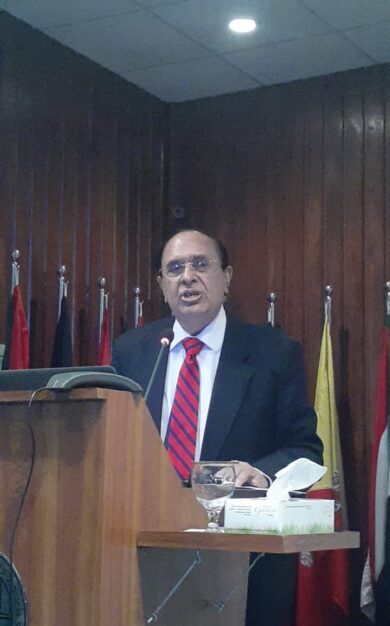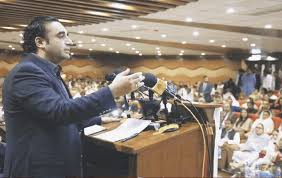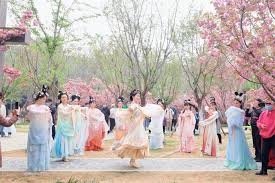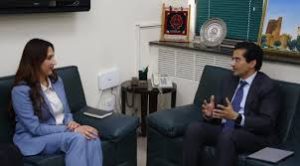Sino-Pakistan Cooperation Center for Traditional Chinese Medicine established at Karachi University

Karachi: Sino-Pakistan Cooperation Center for Traditional Chinese Medicine (TCM) has been established at the Karachi University.
Professor Dr Khalid M Iraqi, the University’s chief unveiled the plaque of the Sino-Pakistan Cooperation Center for TCM.
Many Chinese and Pakistani officials including Sindh Minister for Health and Population Welfare Dr. Azra Fazal Pechuho, Professor Dr Khalid M. Iraqi, Vice-Chancellor University of Karachi, Pakistan’s Ambassador in China Moin ul Haque, Deputy Chief of Mission Chinese Embassy in Pakistan Chunxue Pang, Mayor Li Chunqiu, Huaihua, Hunan Province, China, Director Health Dr. Dabir Ahmed, Professor Dr M. Iqbal Choudhary, Director of the International Center for Chemical and Biological Sciences and others percolated either physically or online.
Speaking at the ceremony, Chairman of Prime Minister’s Task Force on Science and Technology Professor Dr Attaur Rahman said the establishment of the Sino-Pakistan Cooperation Center for Traditional Chinese Medicine (TCM) at Karachi University would open new horizons for researchers.
Professor Rahman underlined the importance of the bilateral relations between Pakistan and China and termed setting up the cooperation centre at the International Center for Chemical and Biological Sciences (ICCBS) a phenomenal development that would open new horizons for researchers to have new discoveries in the field of traditional medicines.
The event was held at the Professor Salimuz Zaman Siddiqui Auditorium of the ICCBS at the University of Karachi, said a news release.
Professor Rahman pointed out that Pakistan should take a lesson from China, as China had made great progress in every sector of development. The close relations between Pakistan and China on the fronts of science and technology, higher education, and Information Technology are fostering with each passing day, he added.
“We have established 150 centers across the country, while the establishment of Pak Austrian University of Applied Science and Engineering is one of my achievements,” he informed the symposium.
Dr Azra Fazal Pechuho said that the establishment of the Sino-Pakistan Cooperation Center for Traditional Chinese Medicine would play a vital role in the promotion of traditional medicines in both countries. She said that ICCBS University of Karachi was contributing its role remarkably in the area of research and higher education.
Professor Dr Khalid M. Iraqi welcomed the national and international participants on the occasion and highlighted role of the ICCBS in the ongoing pandemic. He said that the international center had played a significant role in the national fight against the pandemic of Covid-19.
He said that Pakistan and China owned strong collaboration especially in terms of CPEC (China Pakistan Economic Corridor) which was a framework of regional connectivity. The free use of Chinese Covid-19 in Pakistan was a great sign of strong friendship between the two countries, he added.
Pakistan’s Ambassador in China Moin ul Haque, in his online speech, congratulated Chinese and Pakistani officials for establishing a useful Sino-Pakistan Cooperation Center for Traditional Chinese Medicine at the international center, and said that around 80 percent of the world populations rely on herbal medicines, while Unani and Chinese traditional medicines were practiced in Pakistan for centuries.
Professor Dr M. Iqbal Choudhary said that the new center would perform research and development on traditional Chinese medicines, and clinical trials to prove their efficacy to help the suffering population of Pakistan.
He pointed out that the seven decades of relationship between the two brotherly counties were now translating into institutional collaboration. The ICCBS as a center for excellence owns an international stature in the field of science and research, he said, adding that the institution was conducting numbers of clinical trials on various Chinese medicines.
He said, “ICCBS is the only institution in Pakistan which was not only certified by International Organization for Standardization. (ISO) but it also became ‘UNESCO (United Nations Educational, Scientific and Cultural Organization) Centre for Excellence Category-2 Institute’.” At the end, various Memorandum of Understanding (MoUs) were signed between the Pakistani and the Chinese institutions.





